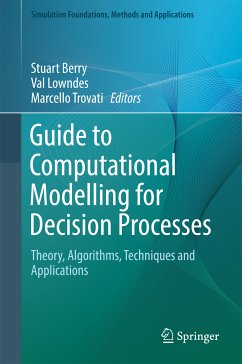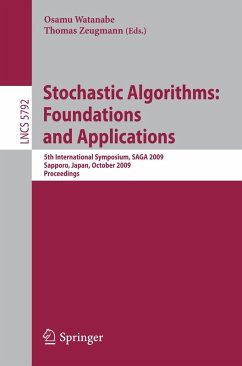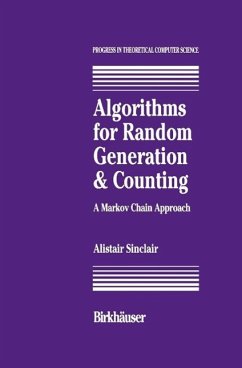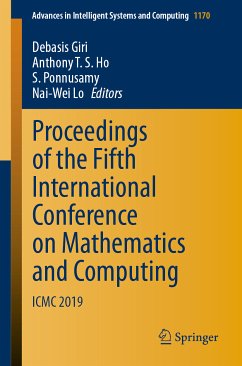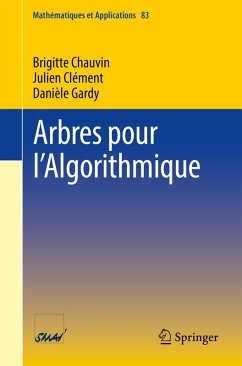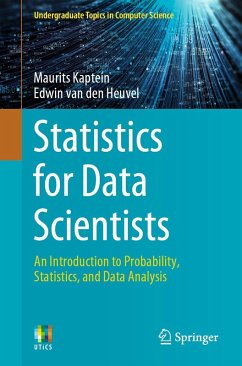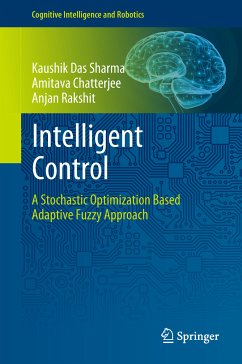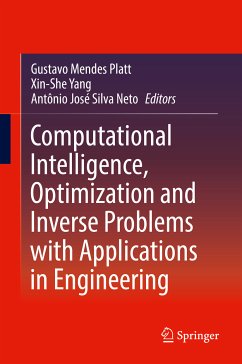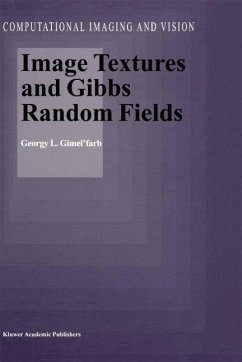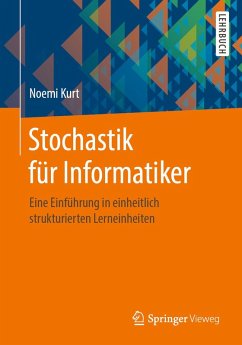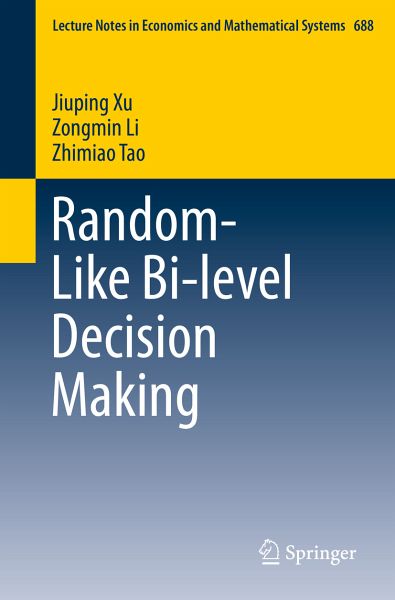
Random-Like Bi-level Decision Making (eBook, PDF)
Versandkostenfrei!
Sofort per Download lieferbar
40,95 €
inkl. MwSt.
Weitere Ausgaben:

PAYBACK Punkte
20 °P sammeln!
Among the various multi-level formulations of mathematical models in decision making processes, this book focuses on the bi-level model. Being the most frequently used, the bi-level model addresses conflicts which exist in multi-level decision making processes. From the perspective of bi-level structure and uncertainty, this book takes real-life problems as the background, focuses on the so-called random-like uncertainty, and develops the general framework of random-like bi-level decision making problems. The random-like uncertainty considered in this book includes random phenomenon, random-ov...
Among the various multi-level formulations of mathematical models in decision making processes, this book focuses on the bi-level model. Being the most frequently used, the bi-level model addresses conflicts which exist in multi-level decision making processes. From the perspective of bi-level structure and uncertainty, this book takes real-life problems as the background, focuses on the so-called random-like uncertainty, and develops the general framework of random-like bi-level decision making problems. The random-like uncertainty considered in this book includes random phenomenon, random-overlapped random (Ra-Ra) phenomenon and fuzzy-overlapped random (Ra-Fu) phenomenon. Basic theory, models, algorithms and practical applications for different types of random-like bi-level decision making problems are also presented in this book.
Dieser Download kann aus rechtlichen Gründen nur mit Rechnungsadresse in A, B, BG, CY, CZ, D, DK, EW, E, FIN, F, GR, HR, H, IRL, I, LT, L, LR, M, NL, PL, P, R, S, SLO, SK ausgeliefert werden.



